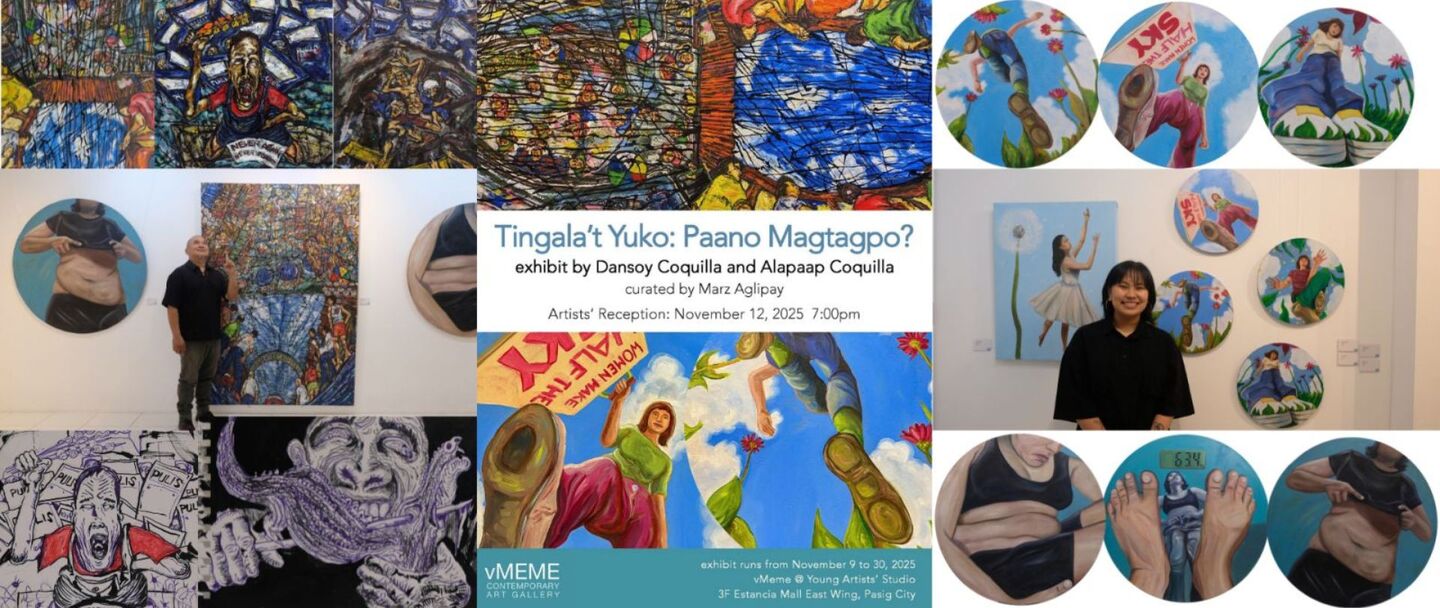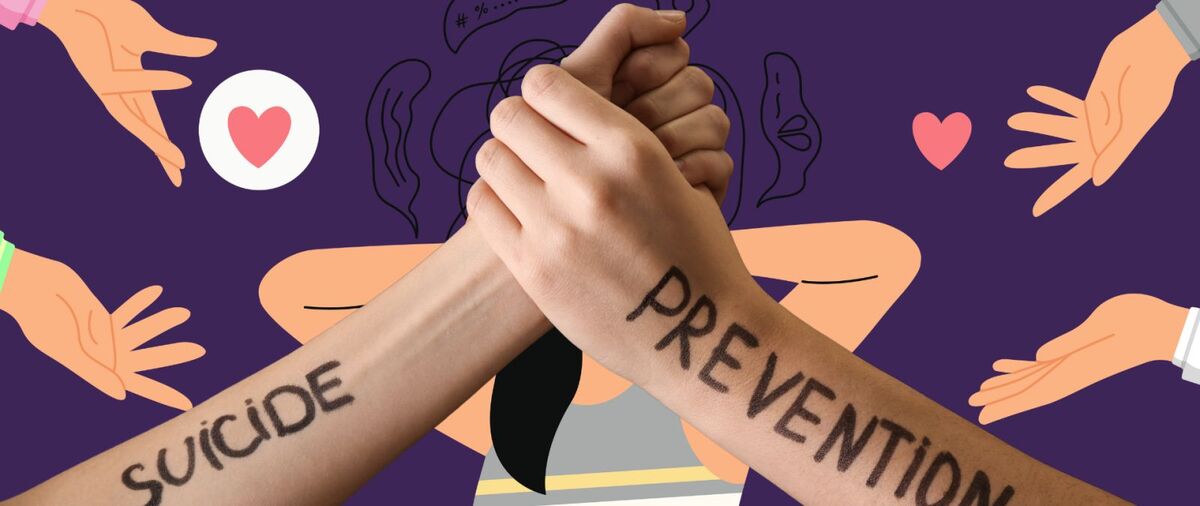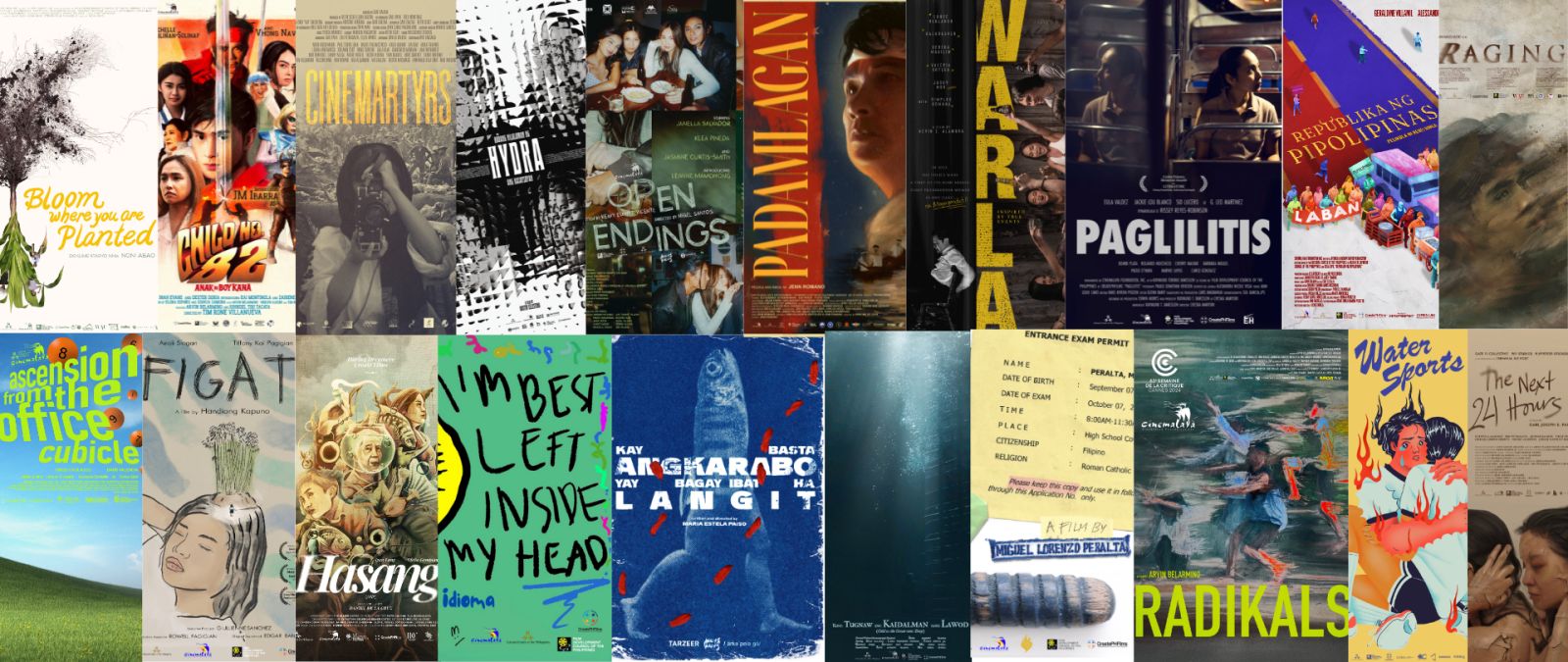STUDENT-FRIENDLY MOVIE ‘CLICK, LIKE, AND SHARE’ SEEKS TO TACKLE ISSUES ON MENTAL HEALTH, HIV, AND CYBERBULLYING
There are still a lot of important topics in society that are being shrugged away in conversations because they're seen as taboo. Tackling this problem, the ‘Click, Like, and Share’ collection was launched with a way of relaying information through a series of short movies.
In the modern age, as the youth continue to explore the power of information dissemination through social media, issues on mental health, human immunodeficiency virus (HIV), and cyberbullying are among the topics that are very hard to discuss due to their sensitivity.
Even with the existence of informative discourse regarding these matters, the stigma or discrimination against them continue to soar at an alarming rate. This endangers the lives and reputation of people who suffer from these disorders and issues.
For instance, there are 3.6 million people who suffer from mental disorders in the Philippines alone. A World Health Organization study has also estimated that “Philippine mental health authorities received an average of 30-35 calls daily from March to May due to depression issues compared with 13-15 daily calls from May 2019 to February 2020.”
Meanwhile, the Department of Health (DOH) Acquired immunodeficiency syndrome (AIDS) Registry in the Philippines reported 69,629 cumulative HIV cases last August 2019, reason for the country’s increasing rate of infections.
For cyberbullying, the United Nations Children’s Fund (UNICEF) estimated that cyber-violence affects almost half of children aged 13-171. The prevalence of digital hostility among males (44 per cent) is almost the same as females (43 per cent).
“One-third of cyber-violence experienced by Filipino children are in the form of verbal abuse over the internet or cell phone, while a fourth are through sexual messages. More females received messages of sexual nature or content than males. However, twice as many males than females reported having their nude body or sexual activities, whether real or falsified, shown on the internet or cell phone,” UNICEF said.
Given these grim realities, the Optimum Minds Media Productions (OMMP), in collaboration with UNICEF, Council for the Welfare of Children, and the Positive Youth Development Network brewed a series of short films that will delve deeper on the issues surrounding mental health, HIV, and cyberbullying, in the most creative and student-friendly way.
According to OMMP Executive Producer Ms. Amylene June CAÑADA, the movie will be divided into three short clips that will help mirror the youth’s struggle in today’s society.
The first film, ‘Bluer Than Bleu,’ is directed by Topel Lee. The story revolves around Bleu, a typical teenager who prefers to be alone until she met Daisy, a pretty social butterfly who is ready to listen to her personal issues.
“We want to break the stigma on mental health issues. That people who have them do not appear like they have them at all. In the trailer you can see that the show is very dark, but the film would like to send a message that even if you have mental issue, it could get better, there is a light at the end–people with mental disorders could have friends, family, or loved ones who could support them too,” said Manuel.
The second film, ‘Your Road’ is directed by Ricky Rivero. The show follows the 20-year-old Red who was born with a disfiguring and unsightly birthmark on her face which caused her to be bullied.
One day, a video of her went viral on social media and she desperately wanted revenge against the person behind it.
“The takeaway is that you have to be responsible. Technology is both good and bad but it depends on how you use it,” Manuel said.
The third and the last film ‘HI-V’ is directed by Crispin “Ping” Medina II. It revolves around the story of Bianca, a nineteen-year-old girl infected with HIV. As she transfers to a new place and a new school, she’ll meet Aki Ventura, a twenty-one-year-old boy who lives near her home and goes to the same school.
According to Manuel, ‘HI-V’ is different from most films that tackle the same issue because of the way HIV was transmitted.
“We would like to break the stigma that if you have HIV it could only be transmitted through sexual intercourse. In reality, there are a lot of other ways that you could contract the virus and one of them is through mother to child transmission,” Manuel said.
“So this is a different take on the virus, because I don’t think people see it on screens all the time.. that there is also mother to child transmission,” she added.
HIV could only be transmitted through blood, semen and pre-seminal fluid, rectal fluids, vaginal fluids, and breast milk. It could also be transmitted through mother and child during pregnancy or getting stuck by an HIV-contaminated needle.
Contrary to popular belief, the virus could NOT be transmitted through air or water, mosquito bites, saliva, tears, sweat, and hugging.
The OMMP has organized a forum for students and school faculty members to join after watching the three-part movie. According to Manuel, this would help strengthen the information that students were able to pick up from the film.
Check out all the short films on the OMMP Official YouTube channel.














